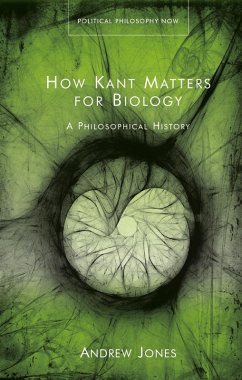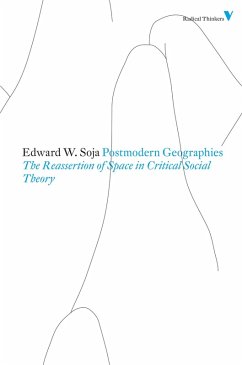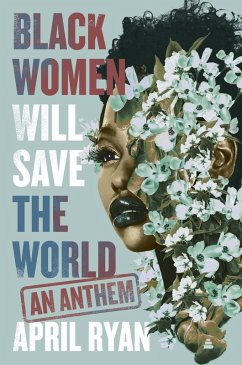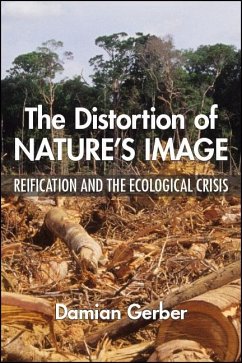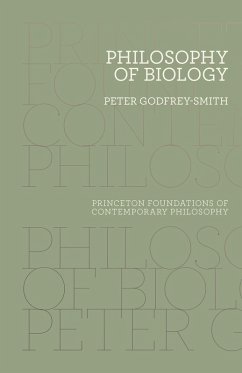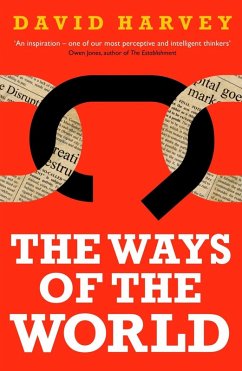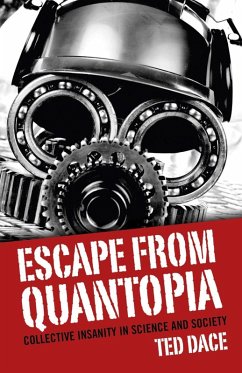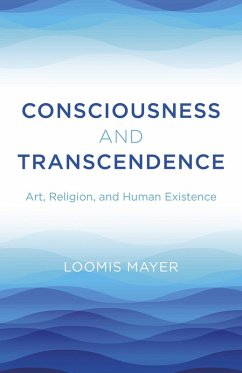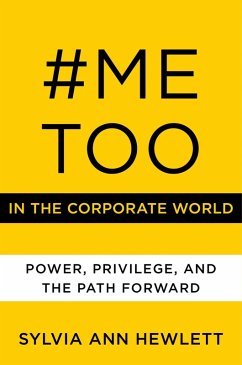
Nature of Being Human (eBook, ePUB)
From Environmentalism to Consciousness

PAYBACK Punkte
10 °P sammeln!
Essays exploring humanity's connection with the environment. Although the physical relationship between the natural world and individuals is quantifiable, the psychosocial effect of the former on the latter is often less tangible. What, for instance, is the connection between the environment in which we live and our creativity? How is our consciousness bounded and delimited by our materiality? And from whence does our idea of self and our belief in free will derive and when do our surroundings challenge these basic assumptions? Eco-critic Harold Fromm's challenging exploration of these and rel...
Essays exploring humanity's connection with the environment. Although the physical relationship between the natural world and individuals is quantifiable, the psychosocial effect of the former on the latter is often less tangible. What, for instance, is the connection between the environment in which we live and our creativity? How is our consciousness bounded and delimited by our materiality? And from whence does our idea of self and our belief in free will derive and when do our surroundings challenge these basic assumptions? Eco-critic Harold Fromm's challenging exploration of these and related questions twines his own physical experiences and observations with insights gathered from both the humanities and the sciences. Writing broadly and personally, Fromm explores our views of nature and how we write about it. He ties together ecology, evolutionary psychology, and consciousness studies to show that our perceived separation from our surroundings is an illusory construct. He argues for a naturalistic vision of creativity, free will, and the literary arts unimpeded by common academic and professional restraints. At each point of this intellectual journey, Fromm is honest, engaging, and unsparing. Philosophical, critical, often personal, Fromm's sweeping, interdisciplinary, and sometimes combative essays will change the way you think about your place in the environment. "How rare it is that a work of philosophical inquiry is written with the passion of a cri de coeur, but Harold Fromm's brilliantly conceived The Nature of Being Humanresonates with such uncanny depths. Here is an utterly engrossing first-person account of a harrowing pilgrimage into the 21st century and its disturbing revelations about humankind's truest nature, in contrast to the comforting solicitudes of a "humanist" past. If the role of the philosopher is to force us to think, Harold Fromm is a born philosopher." -Joyce Carol Oates "Fromm, an erudite, prolific author of numerous works ranging from ecocritical commentary to self-reflective discourses, presents a compilation of essays that illuminate his views regarding why most Americans seem oblivious to the destruction of their environment." - Choice "Fromm's journey from victim, to campaigner, to pioneer of eco-criticism (that is, the study of literature from an ecological viewpoint) is documented here, alongside challenging analyses of man's place in nature, free will, our relationship with technology and more. Scholarly but engaging, Fromm is an environmentalist, but also a realist." - Organic Gardener
Dieser Download kann aus rechtlichen Gründen nur mit Rechnungsadresse in A, B, BG, CY, CZ, D, DK, EW, E, FIN, F, GR, HR, H, IRL, I, LT, L, LR, M, NL, PL, P, R, S, SLO, SK ausgeliefert werden.




